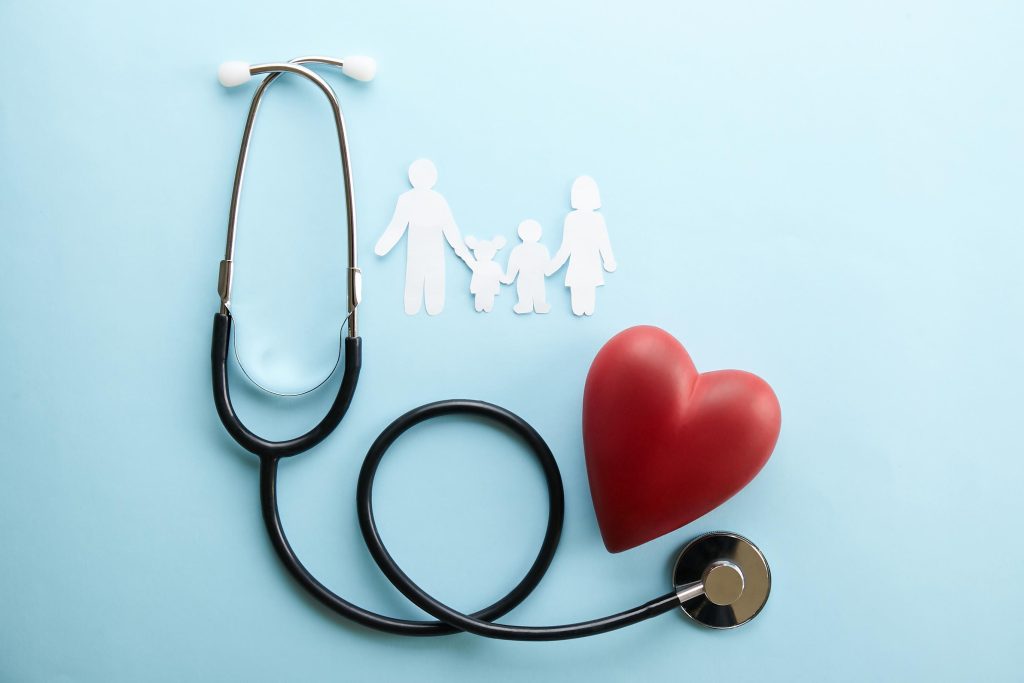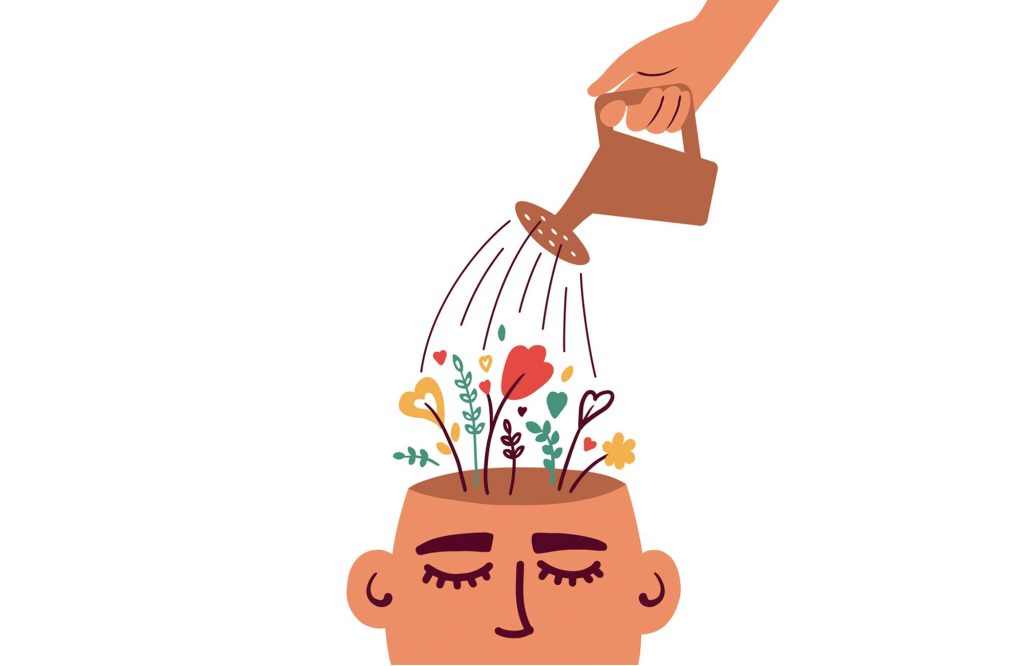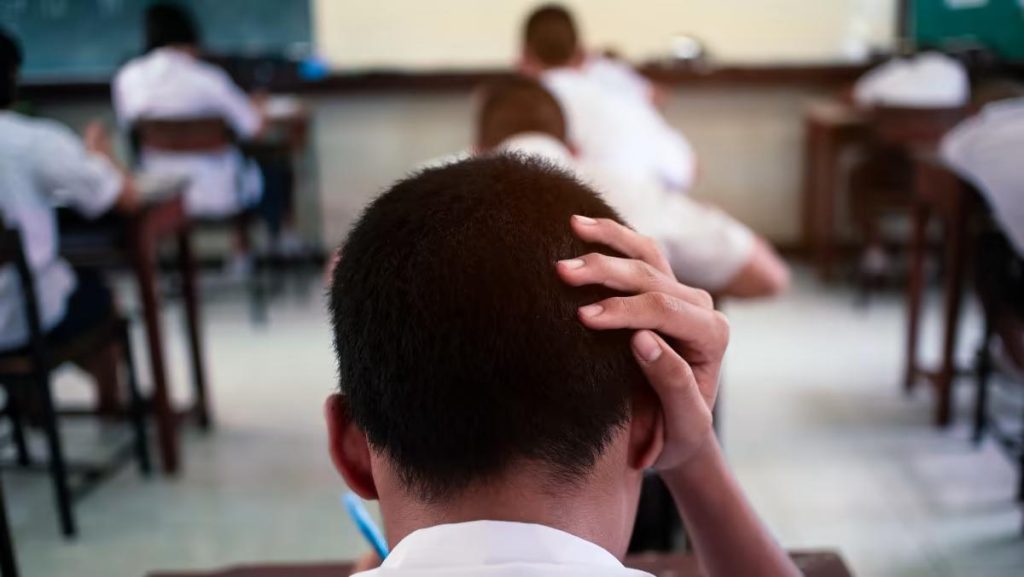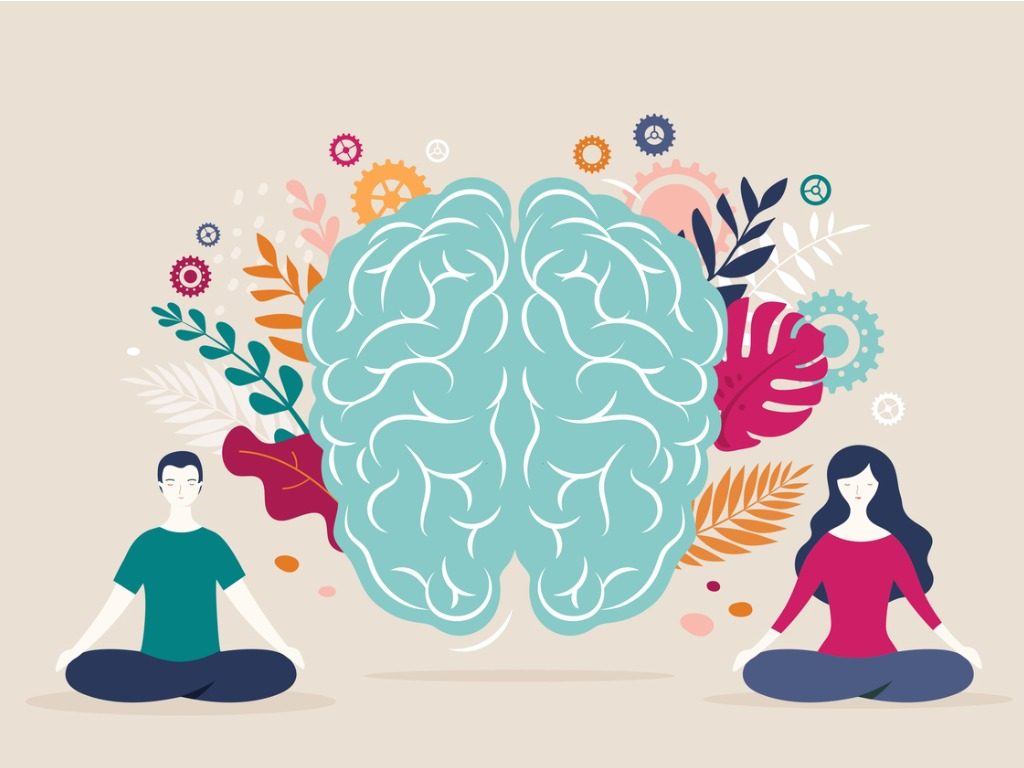Academic excellence is the determination of a student to do their best and achieve success in school. It involves a commitment to learning, hard work, goal setting, and an understanding of the importance of education. Home tutors and teachers in school emphasise the need to stay healthy in order to do well in exams, however, students often do not take the necessary steps to put these pieces of advice into action.
Source: onecms-res.cloudinary.com
This requires students to stay focused, be organized, and have strong self-discipline. Achieving and accomplishing requires students to strive to reach their full potential academically, as well as emotionally and physically.
The Role of Health in Achieving Excellence
Good health is essential for academic excellence as it helps students keep up with their studies by providing them with physical energy, mental alertness, and emotional stability. When students are not feeling well or have poor physical health it can inhibit their ability to fully concentrate on their studies and retain information.

Source: statnews.com
There is an important link between good health and academic achievement; healthy students tend to be more successful in school than those who do not maintain a healthy lifestyle. Though it is a well-known fact, students are not being proactive enough to take care of their own health.
The Essentials :
The most common components of a healthy lifestyle include,
- proper nutrition
- regular exercise
- sufficient sleep
- stress management
- good hygiene habits
- avoiding addictive substances
All these factors contribute to better concentration while studying and improved test-taking performance. Furthermore, having healthy habits can also help students increase self-confidence which is associated with better grades in school.
The Long Run :
In order for students to excel academically they must take care of themselves first by making sure they maintain good physical health through proper nutrition and regular exercise. It is also important for them to develop healthy coping mechanisms for dealing with stress so that they can focus on their studies without feeling overwhelmed or anxious.
Finally, forming positive relationships with teachers can help create an environment where students feel supported and motivated which will likely lead to greater academic success in the long run.
The Importance of Being Well
Good physical health is of utmost importance for students in order to achieve academic excellence. Being healthy helps students stay focused, alert and energized for long periods of time, allowing them to pay better attention to their studies and absorb more information.
Eating a balanced and nutritious diet is essential for providing the energy needed to perform well in school. Regular physical activity has been found to increase cognitive functioning by stimulating the production of hormones which are important for learning and memory retention.

Source: .ie.edu/insights
Getting sufficient sleep on a regular basis is also essential as it gives the body time to rest and recharge so that students can face the day with enthusiasm and be ready for any challenges they may encounter.
The Health Crisis
The state of teenagers’ health is rapidly deteriorating in this day and age. This is largely due to the increasing pressures they face from school and society, as well as their lack of concern with regards to choosing to lead a healthy lifestyle.
Teenagers often don’t get enough sleep, are prone to unhealthy snacking and binge eating, and are exposed to dangerous environmental toxins on a daily basis. They also suffer stress and anxiety due to academic pressures and social media overload. These factors can contribute to physical health problems such as obesity, fatigue, headaches, and digestive issues.
Mental Health
Teens are more likely than ever before to be dealing with mental health issues such as depression or anxiety. These conditions can seriously impact their ability to succeed in school if they are not addressed early on.
Research has also shown that teens who don’t get enough physical activity have a greater risk of developing mental illnesses like depression and anxiety, further highlighting the importance of maintaining a healthy lifestyle for both physical and mental well-being.
Source: executivesupportmagazine.com
It is essential for teenagers to have access to resources that can help them make healthy decisions such as guidance counsellors or nutritionists that teach them about proper nutrition or ways to manage stress. Without access to these resources, teens may find it difficult to take charge of their own health which can lead to even worse outcomes in the future.
Teenagers’ health is in decline due to a number of factors ranging from environmental toxins to unhealthy habits. It is important for parents and educators alike to be aware of the risks that come with teenage years so that they can provide support where needed for young people’s physical and mental well-being can be maintained throughout their adolescent years.
An Ageing Population
This phenomenon of ageing population has created a unique challenge for the younger generations in terms of having to bear the economic burden of supporting an older population.
With fewer working-age adults entering the workforce, it puts pressure on young people to become economically productive at a faster rate in order to boost the economy. This can be especially difficult when competing with other countries who have younger populations, as their economic resources per capita are higher due to a larger talent pool.

Source: nus.edu.sg
At the same time, an ageing population also puts further strain on healthcare systems and social services due to increased demands for geriatric care. This means that younger generations need to shoulder much of this burden too, which can be challenging when they are already trying to meet their own financial needs. Furthermore, it is not just about providing support for elderly citizens but also ensuring their quality of life by making sure they get adequate nutrition and medical attention.
The Changes Within the Corporate Landscape
Young people also have additional responsibilities due to the increasing demand for science and technology jobs as economies continue to shift away from manual labor. They need to obtain higher levels of education or technical skills in order to stay competitive in a globalized marketplace where information and knowledge are becoming increasingly important factors in success.
Additionally, they must develop strong communication skills so that they can effectively present their ideas and collaborate with colleagues from different backgrounds.
Source: thepositivepsychologypeople.com
Above all else though, health should remain a priority as it is essential for academic excellence which will ultimately help them achieve their personal goals while contributing positively towards society at large.
Practical Solutions
Practical Steps That Students Can Take to Maintain Good Health include :
1. Getting enough sleep:
Studies have shown that getting at least 8 hours of sleep per night helps to improve concentration, focus, and overall mood. It is important for students to create a regular sleeping routine to get the most out of their day’s activities.
2. Eating nutritious meals:
Eating a balanced diet full of fruits, vegetables, proteins, and other essential nutrients can help support physical and mental well-being. Eating healthy meals throughout the day can also reduce fatigue and help increase concentration when studying or taking exams.
3. Exercising regularly:
Exercise not only helps to improve physical health but can also have positive effects on mental health by reducing stress and anxiety levels. Aiming for at least 30 minutes of moderate exercise per day can help students maintain energy levels throughout the day and even aid in improving sleep quality.
4. Reducing screen time:
Although computers and mobile devices are an essential part of everyday life, too much screen time has been linked to adverse effects such as difficulty concentrating or decreased productivity levels which could affect academic performance negatively.
Limiting screen time should involve taking breaks from electronic devices throughout the day as well as setting a limit on how much time is spent online each week in order to allow for more meaningful interactions with others offline.
Overall, maintaining good physical and mental health is crucial for students’ success in academics as it boosts their concentration, memory retention, self-confidence, and overall well-being which cannot be achieved through any other means than proper self-care habits and lifestyle choices such as those outlined above.



